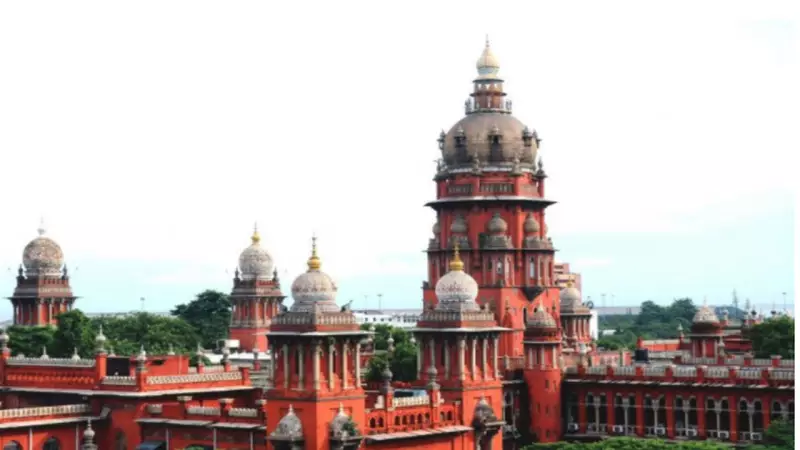
In a dramatic courtroom exchange that could redefine federal agency powers, the Madras High Court has thrown a legal grenade at the Enforcement Directorate's operational methods. The court posed a fundamental question that strikes at the very heart of inter-agency jurisdiction: How exactly does the ED possess the authority to approach courts seeking directions for state police to register cases?
The Constitutional Conundrum
The bench, displaying both legal acumen and constitutional concern, highlighted what appears to be a significant procedural anomaly. "How could the ED move the court to ask the Tamil Nadu Police to register a case?" - this single query from the justices has potentially opened a Pandora's box of jurisdictional boundaries between central agencies and state law enforcement.
Legal Implications and Federal Structure
The court's questioning goes beyond mere procedural technicalities. It touches upon the delicate balance of power in India's federal structure. The Enforcement Directorate, being a central agency, operates under specific statutes, while state police forces function under state laws and administration.
The fundamental issue: Whether a central investigative agency can legally compel state police to take action through judicial intervention, or if this represents an overreach into state subjects.
What This Means for Future Investigations
- Potential redefinition of inter-agency cooperation protocols
- Clarification needed on the limits of central agency powers
- Possible impact on ongoing investigations involving multiple agencies
- Constitutional interpretation of federal-state jurisdiction in law enforcement
The court's skepticism suggests that the current practice might not have solid legal footing. This development comes at a time when the relationship between central agencies and state governments, particularly those ruled by opposition parties, has been under intense scrutiny.
The Road Ahead
Legal experts are watching this case closely, as the High Court's final ruling could set significant precedents. The decision might either reinforce the ED's current operational methods or force a substantial restructuring of how central agencies interact with state police forces.
This case represents more than just a legal technicality - it's about the fundamental principles of federalism and the separation of powers that form the bedrock of Indian democracy.





